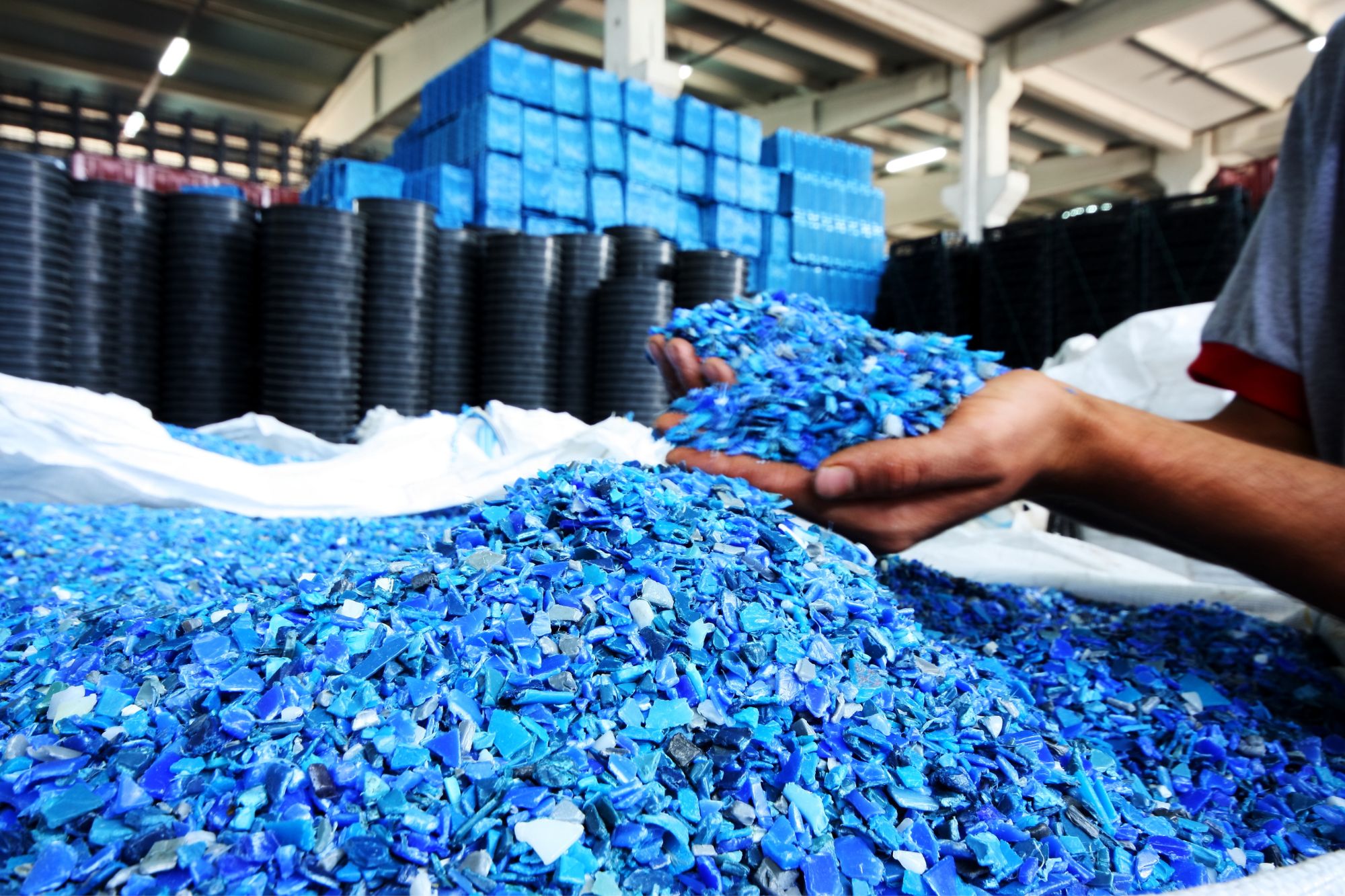A new startup known as LabCycle has established the first materials recycling facility in the UK that can handle plastic waste from research laboratories. BBC News reports that the innovative company was founded by Bath University graduate Dr Helen Liang.
Research institutions around the world produce an estimated 5.5 million tonnes of plastic waste each year. This can be a hidden issue, because the vast majority of people never visit scientific laboratories. Items such as plastic tubes and pipette tips are disposed of and taken for incineration because they contain potentially harmful contaminants.
However, the incineration process releases toxic pollutants into the atmosphere, as well as creating the need for fresh plastic to be manufactured. Dr Ling became concerned with the sheer amount of plastic that was thrown away while she was researching her PHD and was motivated to do something about it.
She said: “We use research to solve mysteries, make discoveries and cure diseases, but along this journey a huge amount of single-use plastic waste is generated. At the moment, this waste is sent to landfills or incineration due to concerns about health and safety, and the lack of appropriate recycling services.”
“Researchers are aware of this problem, and many of them have been calling for a change to this waste culture. Working at that interface of being both an entrepreneur and a researcher, I feel the responsibility and see the opportunity to create a solution.”
Dr Ling was granted an Innovation Award in 2020 that enabled her to develop LabCycle with her co-founders. She explains that the company uses technology to remove hazardous contaminants that is a combination of mechanical and chemical processes. The plastic is washed and then shredded ready to be sent to a recycling facility.
The project started in a small greenhouse at the University of Bath, initially just to handle waste from the biology and biochemistry labs, before being rolled out across other science departments.
Dr Ling has now been awarded a Royal Academy of Engineering and Enterprise Fellowship for her work with LabCycle and has received a grant to develop her startup further. She is now looking for partners to scale up the recycling technology.
Dr Ling, who completed a PhD in Sustainable & Circular Technologies in 2022, commented: “It’s incredible. Because I’ve been using this every day in the lab doing my PhD. And now we have made a new piece of lab equipment which is 100% recycled, it’s really exciting.”
She added: “I sincerely appreciate the support from the Centre for Sustainable and Circular Technologies, Department of Life Sciences, the health and safety team, SETsquared and alumni.”
“We’ve had a lot of interest from external organisations eager to reduce their environmental impact. We hope to move as fast as possible to help them become more sustainable.”
Plastic consumption in the UK continues to grow by about 4% each year, and it can take up to 400 years for plastic to fully decompose.
If you are looking for conveyor belt skirting, please get in touch with us today.





